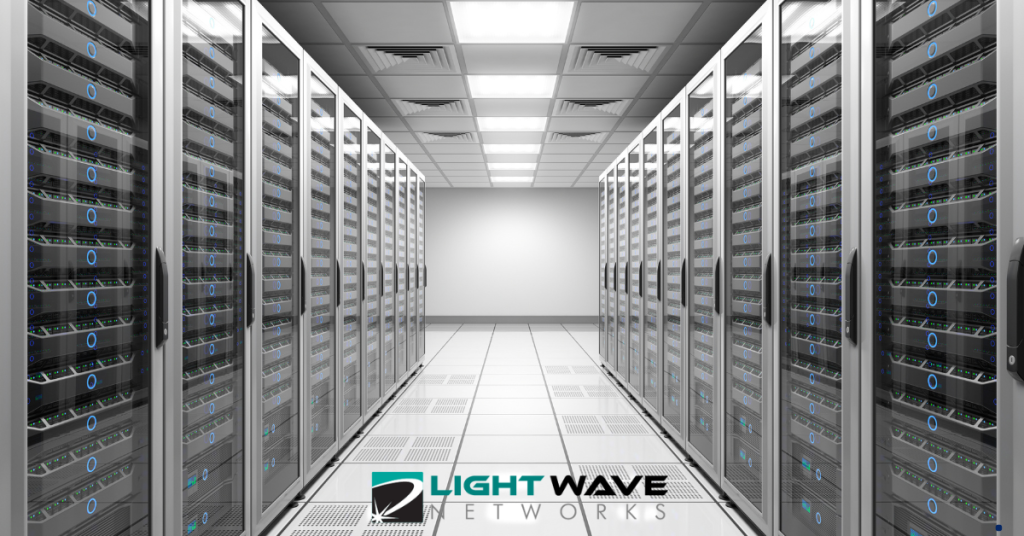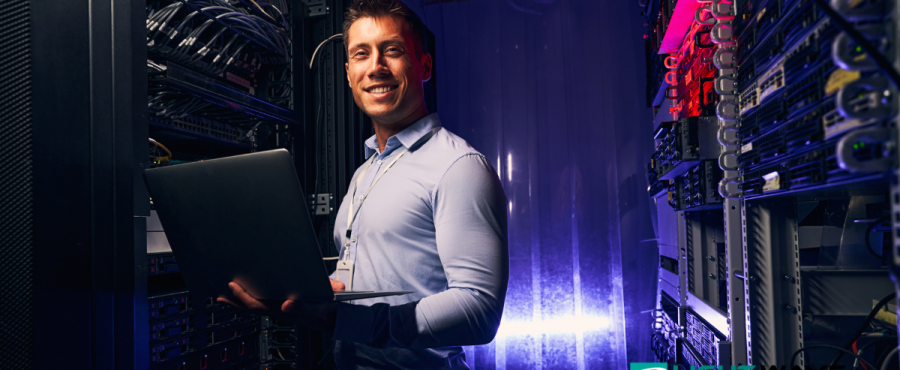All posts by admin
5 Signs You Need a Data Hosting Upgrade

In today’s increasingly digital landscape, your business’s online presence and data infrastructure are more important than ever. Whether you run an e-commerce store, provide online services, or manage large amounts of data, having a robust and reliable hosting solution is crucial for success. However, as your business grows, the hosting plan that once met your needs may no longer be sufficient. Slow website speeds, frequent outages, or security concerns can negatively impact your operations and bottom line. If you’re experiencing any of these issues, it may be time for a hosting upgrade.
Read MoreThe Benefits of Colocation in Philadelphia: Disaster Recovery and Business Continuity
In today’s fast-paced digital world, the benefits of colocation cannot be overstated. These benefits are especially helpful for businesses aiming to enhance their IT infrastructure and make sure operations go uninterrupted. Colocation provides a reliable and secure environment for hosting important data and applications, allowing companies to focus on growth rather than their IT management.
Read MoreColocation Hosting Philadelphia: Powering the City of Brotherly Love’s Digital Growth
As Philadelphia’s digital landscape expands, businesses need reliable and scalable IT solutions to keep up with the technology. Philadelphia colocation hosting is essential for companies looking to enhance their infrastructure without the hassle of managing hardware on their own.
Read MoreThe Benefits of Cloud Hosting Services

In today’s rapidly evolving digital landscape, businesses are increasingly turning to cloud hosting solutions to streamline operations, enhance scalability, and drive innovation. Cloud hosting offers a multitude of benefits that cater specifically to the needs of businesses, making it a cornerstone of modern IT infrastructure. As the premier provider of essential services from colocation data centers to cloud-based hosting services, the team at LightWave Networks explains all you need to know about the benefits of cloud hosting. So, what are the benefits of a service hosted in the cloud?
Read MoreInformation Technology in Finance
In today’s dynamic financial landscape, the fusion of information technology in finance, also known as IT in finance, is indispensable for efficiency and competitiveness. At Lightwave Networks, we recognize the pivotal role of IT infrastructure in the financial sector.
Read More


